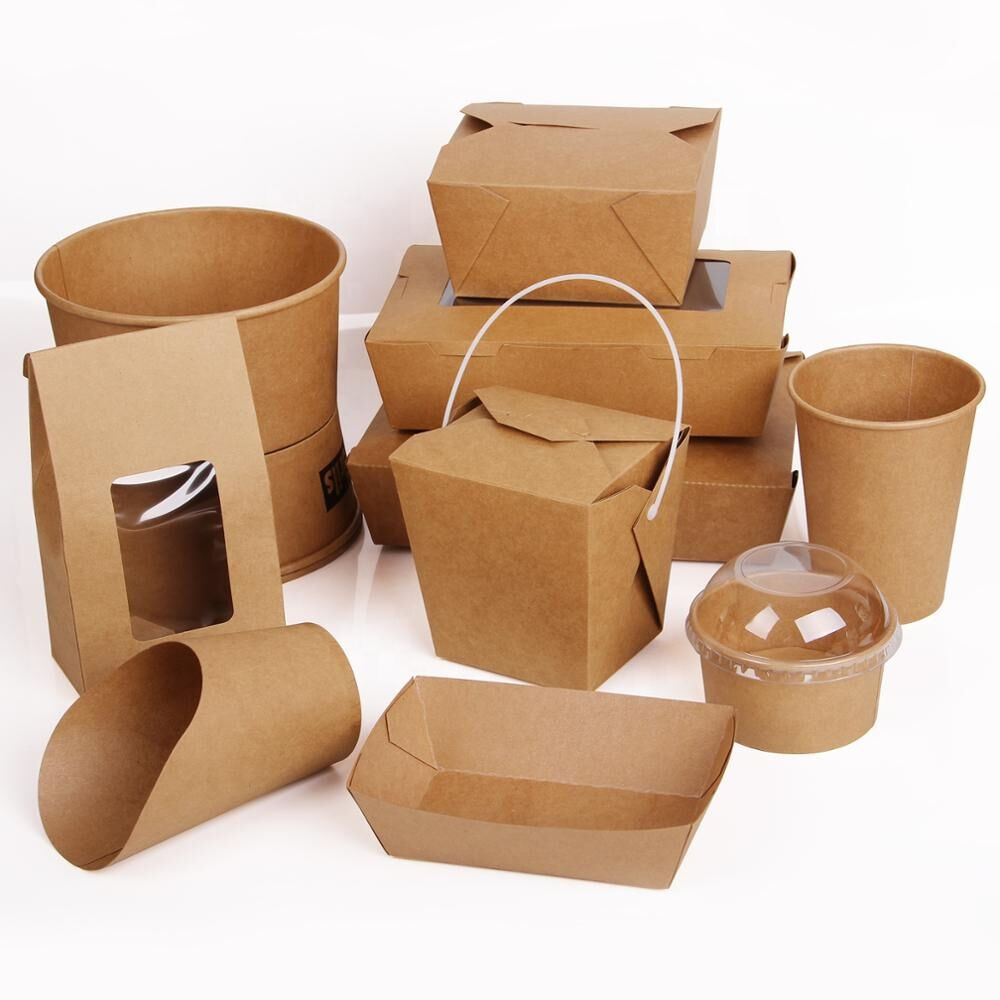El Auge de las Tazas de Café Ecológicas
Impacto Ambiental de las Tazas Tradicionales de Café
El impacto ambiental de los vasos tradicionales para café es significativo, ya que contribuyen enormemente a la basura en vertederos a nivel global. Con un uso alarmante de más de 16.000 millones de vasos desechables para café anualmente, esto resulta en millones de libras de residuos que llegan a los vertederos, agravando la crisis mundial de residuos. Los procesos de producción de estos vasos suelen implicar recursos no renovables y productos químicos peligrosos, los cuales pueden contaminar fuentes de agua y el aire, generando preocupación legítima entre ambientalistas y organizaciones. Además, la capacidad de reciclaje de estos vasos es mínima debido a que están recubiertos con plástico, haciendo fundamental que los consumidores busquen alternativas sostenibles que eviten tales efectos perjudiciales.
Demanda del consumidor por embalaje sostenible
Recientes encuestas revelan una creciente demanda por parte de los consumidores de envases sostenibles, con un 70% de los consumidores prefiriendo marcas que demuestren prácticas respetuosas con el medio ambiente. Esta estadística pone de relieve la presión sobre los minoristas de café para reconsiderar sus opciones de embalaje y satisfacer las expectativas de los clientes conscientes del medio ambiente. A medida que los productos ecológicos ganan popularidad, las personas buscan establecimientos que se alineen con valores sostenibles, influyendo en sus comportamientos de compra. Esta demanda del consumidor brinda oportunidades únicas de marketing para las marcas, permitiéndoles destacar eficazmente sus elecciones de embalaje consideradas para el medio ambiente. Al hacerlo, las empresas cafeteras pueden impulsar las ventas y fomentar la lealtad del cliente a través de su compromiso con la sostenibilidad.
Cambios Regulatorios Hacia Soluciones Ecológicas
En todo el mundo, cambios regulatorios están orientando a las cafeterías hacia soluciones ecológicas al enfocarse en los plásticos de un solo uso. Estas regulaciones impulsan a los establecimientos de café a cumplir con prácticas sostenibles, anticipándose a las presiones normativas. Por ejemplo, ciudades importantes como San Francisco y Seattle han introducido prohibiciones sobre pajillas y utensilios de plástico, ampliando su enfoque para incluir regulaciones sobre vasos de café. Al adoptar alternativas más sostenibles, los negocios relacionados con el café no solo se alinean con la demanda del consumidor, sino que también aprovechan incentivos financieros asociados a la adopción de prácticas innovadoras y respetuosas con el medio ambiente. Esta tendencia coincide perfectamente con un impulso global hacia la responsabilidad ambiental en la industria del café.
Materiales Biodegradables Transforman el Servicio de Café
Soluciones a Base de PLA Vegetal
El ácido poliláctico (PLA), derivado del almidón de maíz, representa una alternativa biodegradable destacada frente a los vasos tradicionales de plástico. Estos vasos de PLA se descomponen en instalaciones industriales de compostaje, reduciendo significativamente los residuos ambientales. Investigaciones indican que la producción de PLA emite un 68 % menos de carbono en comparación con los plásticos derivados del petróleo, reforzando así sus beneficios ambientales y de sostenibilidad de marca. Además, estos vasos ofrecen versatilidad al ser aptos para bebidas calientes y frías, lo que incrementa su atractivo entre consumidores que valoran productos ecológicos y funcionales.
Innovaciones con bagazo y residuos agrícolas
Las innovaciones en los materiales de las tazas han llevado al uso de bagazo, el residuo fibroso que queda después del procesamiento de la caña de azúcar, para crear tazas de café resistentes y compostables. Este enfoque no solo garantiza durabilidad, sino que también aborda los desafíos de gestión de residuos, ya que los estudios sugieren que puede reducir las contribuciones a los vertederos en hasta un 30 %. La versatilidad del bagazo se extiende más allá de las tazas de café para incluir envases para comida rápida, destacando la optimización de recursos dentro de la industria cafetalera y ofreciendo alternativas sostenibles a productos cotidianos.
Alternativas de cartón y paja de trigo
El auge de los vasos de cartón para café fabricados con papel reciclado, a menudo combinados con recubrimientos sostenibles, ofrece una opción reciclable para las empresas minoristas de café. De manera similar, el uso de paja de trigo, un subproducto de la cosecha de trigo, se ha convertido en un método viable para la fabricación de vasos, con el objetivo de reducir residuos y establecer un sistema de ciclo cerrado. Estos materiales cumplen con los estándares de seguridad para los consumidores, manejando adecuadamente bebidas calientes mientras respaldan metas prácticas de sostenibilidad, lo que los posiciona como opciones razonables para negocios de café comprometidos con el medio ambiente.
Biodegradable vs. Reciclable: Principales Diferencias
Comprender la diferencia entre productos compostables y reciclables es fundamental para promover prácticas sostenibles. Las tazas compostables se desintegran en materiales orgánicos en entornos de compostaje, mientras que las reciclables requieren sistemas específicos para transformar los objetos descartados en nuevos productos. Al educar tanto a las empresas como a los consumidores sobre estas diferencias, podemos fomentar prácticas ecológicamente responsables, lo que finalmente conducirá a mejores resultados ambientales y apoyará los esfuerzos de sostenibilidad dentro del sector.
Diseños Innovadores de Vasos Ecológicos
Vasos Personalizados para Café que Refuerzan la Identidad de Marca
Tazas de café personalizadas ecológicas cumplen una doble función: mejorar la identidad de la marca y demostrar un compromiso con la sostenibilidad, lo que fomenta la lealtad y el engagement del cliente. Muchas marcas han reportado un aumento en la interacción de los consumidores debido a la buena recepción de sus prácticas sostenibles junto con diseños visualmente atractivos. Por ejemplo, las tazas producidas utilizando tinta a base de soja ofrecen una opción sofisticada y respetuosa con el medio ambiente que genera conversaciones entre los clientes en cafeterías. Esta combinación de estética y sostenibilidad ayuda a las empresas a destacar en un mercado competitivo, resonando con consumidores conscientes del medio ambiente.
Tecnología de Aislamiento de Doble Pared
Los vasos de doble pared no solo ofrecen una aislamiento superior para mantener la bebida caliente, sino que también reducen el riesgo de quemaduras, mejorando considerablemente la experiencia del cliente y fomentando las compras repetidas. Al utilizar materiales como cartón reciclado, estos vasos mantienen la eficiencia ecológica optimizando su funcionalidad. Las innovaciones en el diseño de doble pared han disminuido significativamente la necesidad de fundas adicionales para vasos, contribuyendo a los esfuerzos de las marcas por reducir el impacto ambiental. Mientras que los vasos de pared simple se centran en reducir el uso de materiales, las soluciones de doble pared destacan por combinar aislamiento con principios de sostenibilidad.
Conceptos de Vasos Comestibles para Cero Residuos
Las tazas de café comestibles ofrecen una solución revolucionaria sin residuos, integrándose perfectamente en la experiencia de bebida mientras no dejan rastro de desperdicio. Fabricadas con ingredientes seguros y de alta calidad, estas tazas están atrayendo la atención de marcas que buscan prácticas ecológicas innovadoras. Los prototipos están demostrando cómo las tazas comestibles pueden mejorar la experiencia de bebidas especializadas al añadir sabores complementarios, creando así un viaje de sabor memorable para los consumidores. Estas innovaciones resultan especialmente atractivas para clientes conscientes del medio ambiente, que valoran tanto la sostenibilidad como la creatividad.
innovaciones en Envases Impresos en 3D
Con la llegada de la tecnología de impresión 3D, ahora es posible personalizar y diseñar tazas de café utilizando una cantidad mínima de material y generando poco desperdicio, sin sacrificar el atractivo estético. Esta capacidad de prototipado rápido permite a las empresas adaptarse rápidamente a las preferencias de los consumidores y a las tendencias cambiantes del mercado. Estudios han demostrado que la adopción de tazas impresas en 3D puede reducir los costos de producción hasta en un 30%, convirtiéndose en una opción atractiva para empresas comprometidas con prácticas sostenibles. El potencial para utilizar materiales biodegradables y reciclados incrementa aún más los beneficios ambientales de esta tecnología, alineándose con las iniciativas de la industria hacia soluciones más ecológicas.
Estrategias de Implementación para Minoristas de Café
Análisis Costo-Beneficio de Opciones Sostenibles
Realizar un análisis de costo-beneficio es crucial para los minoristas de café al considerar opciones sostenibles. Este análisis ayuda a evaluar la inversión inicial más alta frente a posibles ahorros a largo plazo. Los datos sugieren que, aunque los productos ecológicos puedan implicar costos iniciales más elevados, las empresas pueden beneficiarse de ahorros del 10-30 % con el tiempo gracias a la reducción de residuos y al cumplimiento de la normativa ambiental. Los minoristas pueden utilizar estos conocimientos para asignar mejor los presupuestos y planificar iniciativas de sostenibilidad que mejoren la rentabilidad.
Selección de Proveedores Conscientes del Medio Ambiente
Establecer relaciones con proveedores que prioricen prácticas ecológicas es fundamental para los minoristas de café que buscan alinear su marca con objetivos de sostenibilidad. Al obtener productos de proveedores locales, las empresas pueden reducir significativamente las emisiones de transporte, lo cual complementa modelos de negocio orientados hacia la ecología. Además, una comunicación sólida con los proveedores fomenta la innovación en productos respetuosos con el medio ambiente, lo que resulta en ofertas únicas que pueden diferenciar a una marca en un mercado de café competitivo.
Educación del Cliente y Enfoques de Marketing
Educar a los clientes sobre los beneficios de tomar decisiones conscientes desde el punto de vista ecológico les permite tomar decisiones informadas, fortaleciendo su conexión con la marca. Implementar programas de lealtad que recompensen opciones sostenibles es una estrategia excelente para motivar a los clientes a elegir alternativas amigables con el medio ambiente. Asimismo, las campañas de marketing que resalten el camino de la marca hacia la sostenibilidad resuenan entre consumidores comprometidos con el medio ambiente, mejorando la identidad de marca y la fidelidad del cliente.
Gestión de Requisitos de Bebidas Calientes/Frías
Es fundamental que los vasos ecológicos mantengan su integridad a través de diversos rangos de temperatura para garantizar la satisfacción del cliente y la sostenibilidad. Pruebas exhaustivas del desempeño de los vasos con bebidas calientes y frías ayudan a los minoristas a seleccionar materiales que permanezcan funcionales y ecoeficientes. Además, incorporar las opiniones de los clientes sobre la usabilidad de los vasos permite a los minoristas ajustar sus ofertas para adaptarse mejor a las demandas del mercado, asegurando así una experiencia positiva con productos sostenibles.
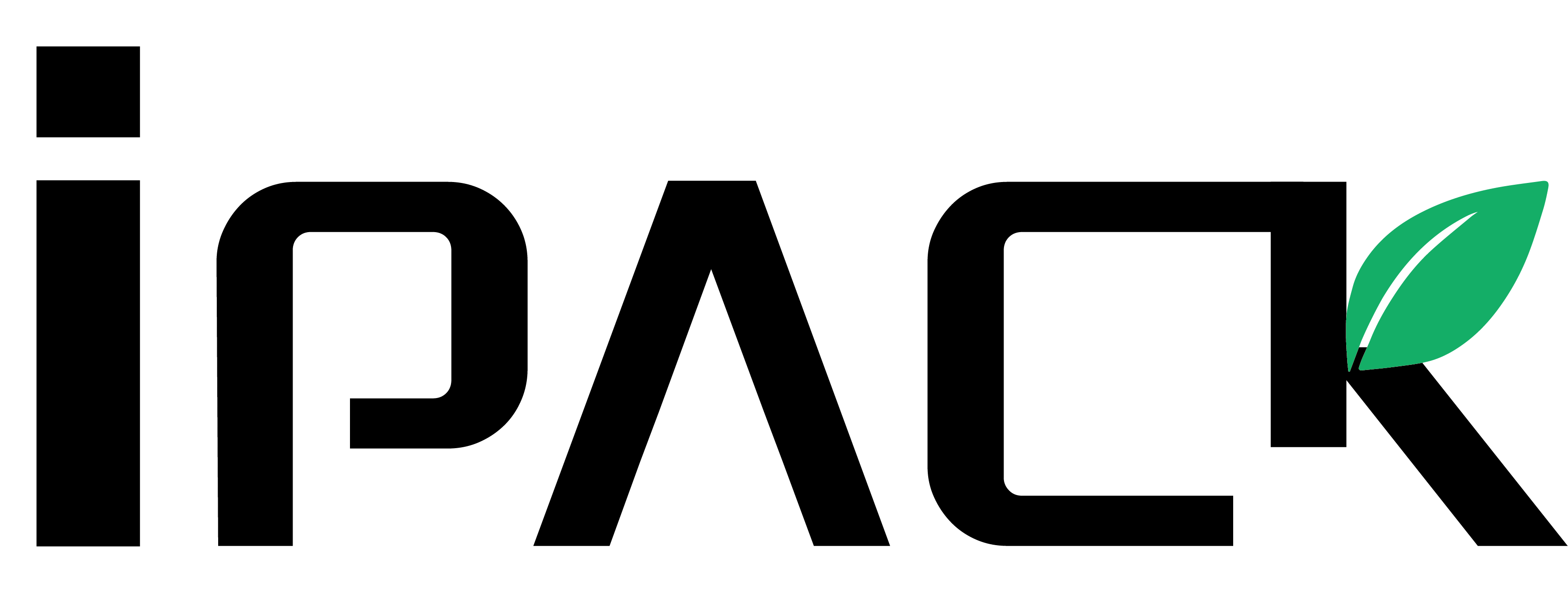
 EN
EN
 AR
AR
 CS
CS
 NL
NL
 FR
FR
 DE
DE
 IT
IT
 JA
JA
 KO
KO
 PL
PL
 PT
PT
 RU
RU
 ES
ES
 TL
TL
 ID
ID
 VI
VI
 HU
HU
 TH
TH
 TR
TR
 MS
MS

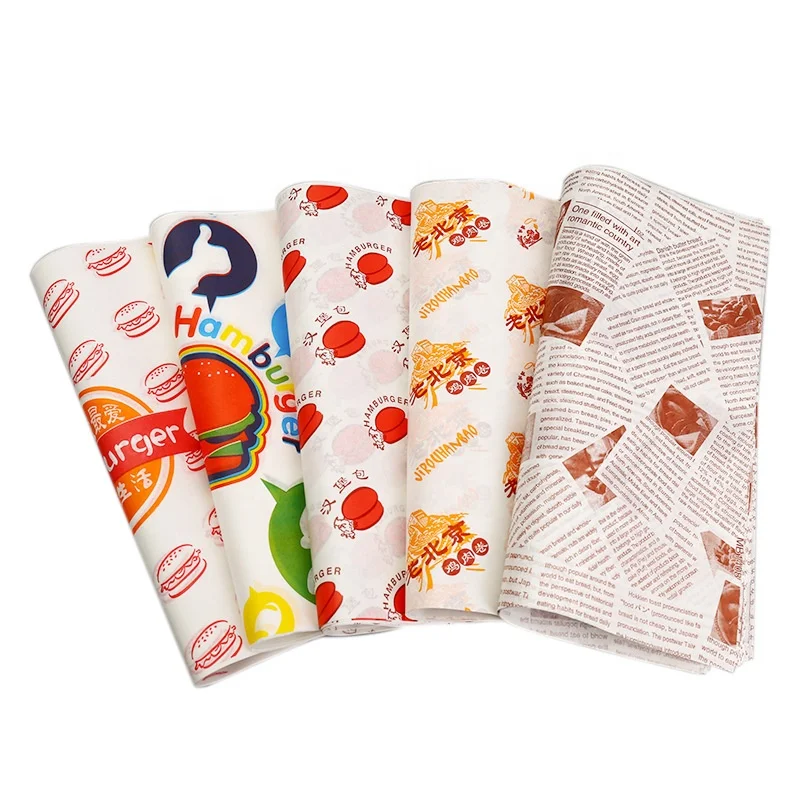
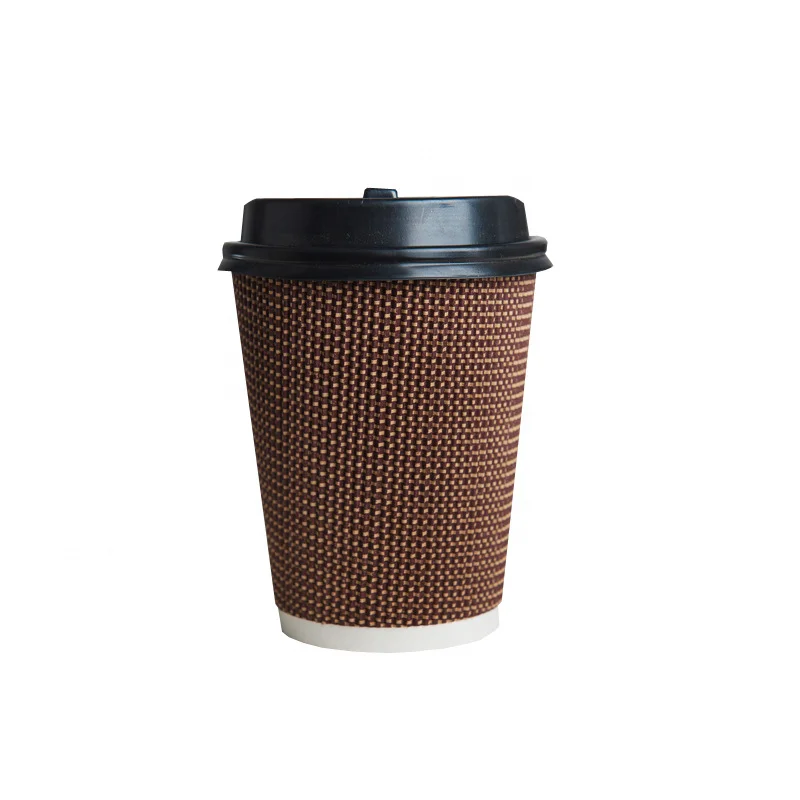
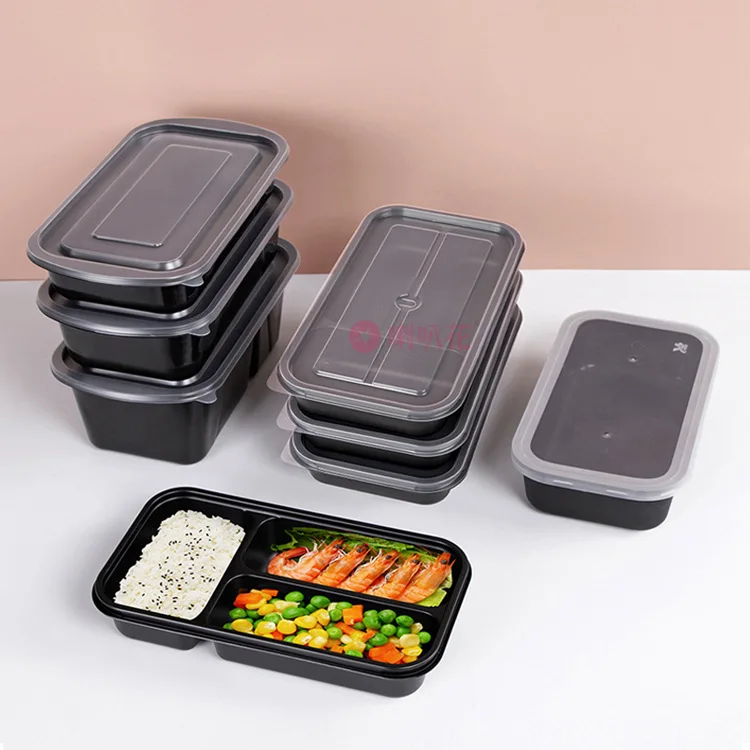
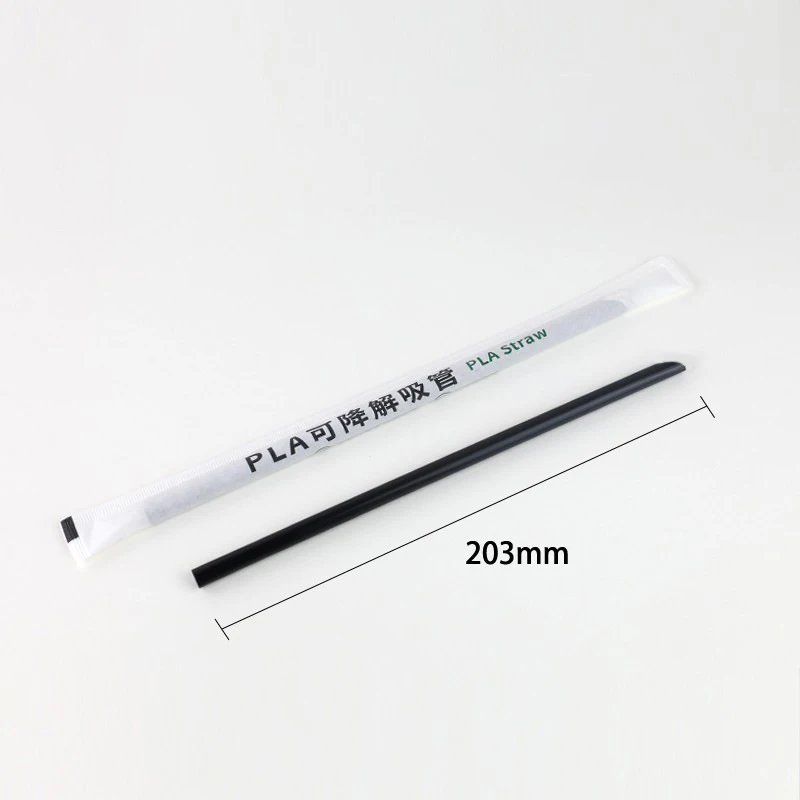
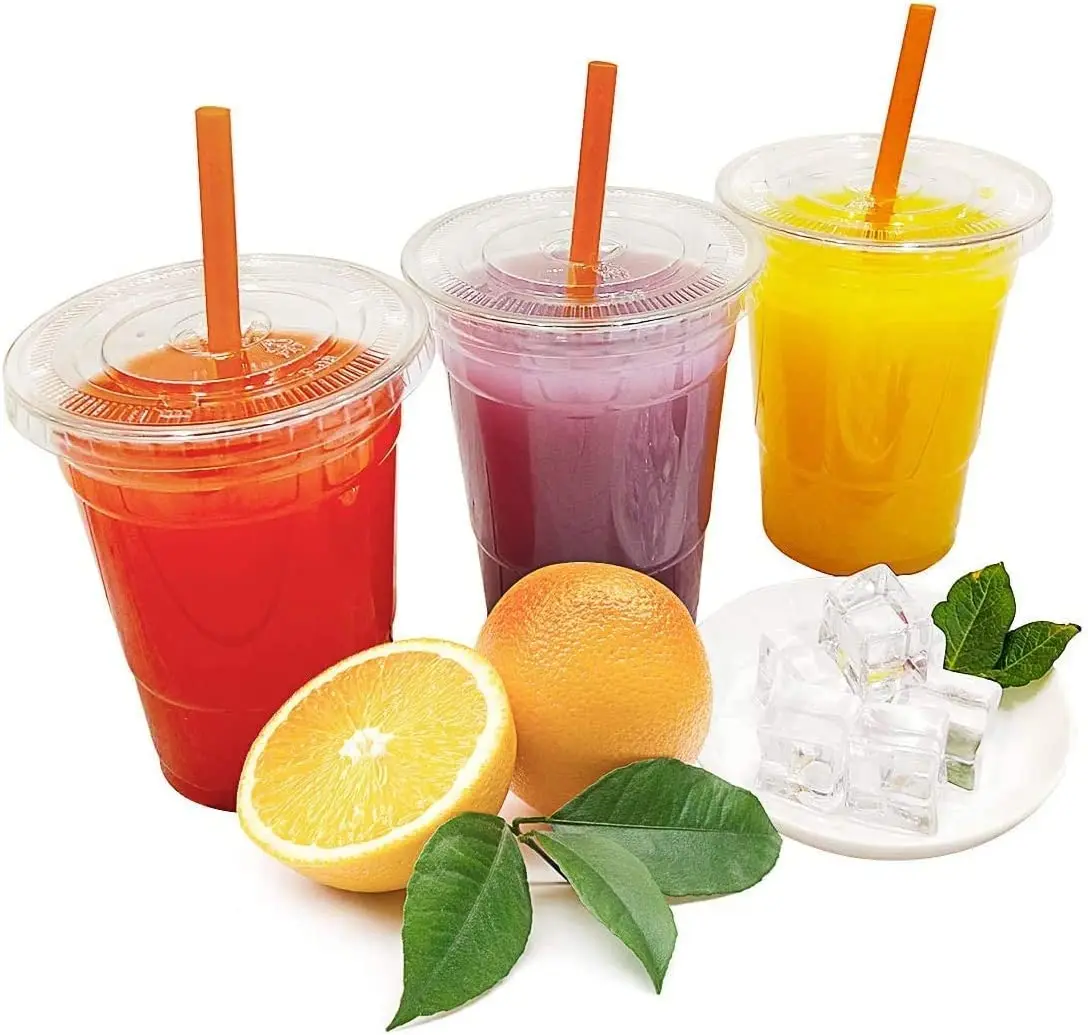
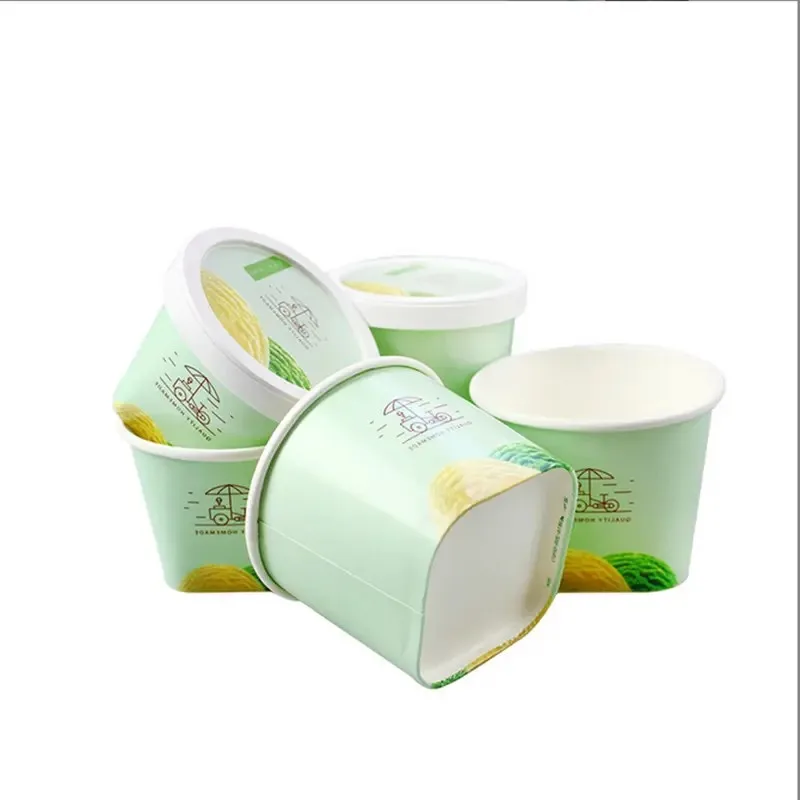
 Noticias Calientes
Noticias Calientes